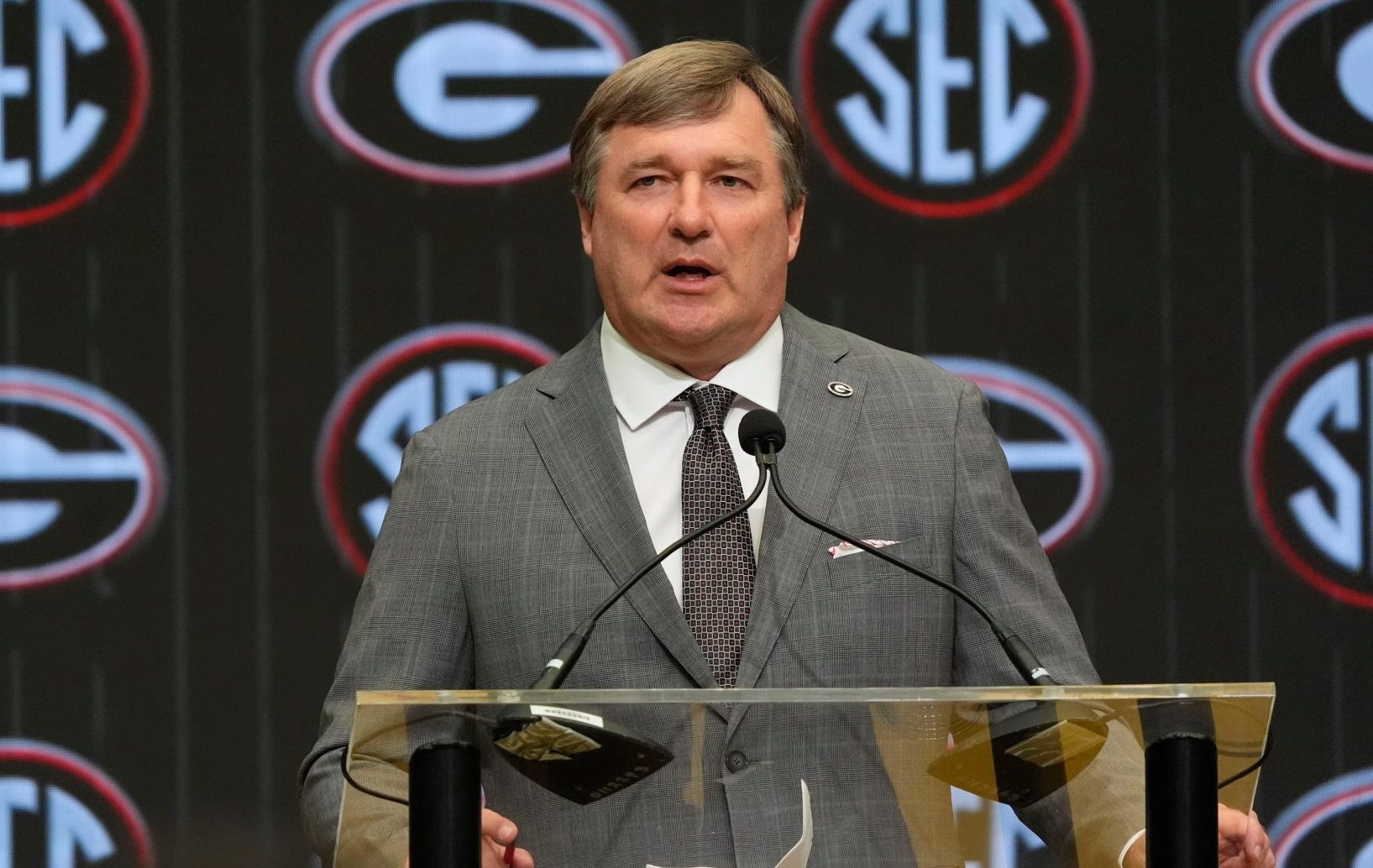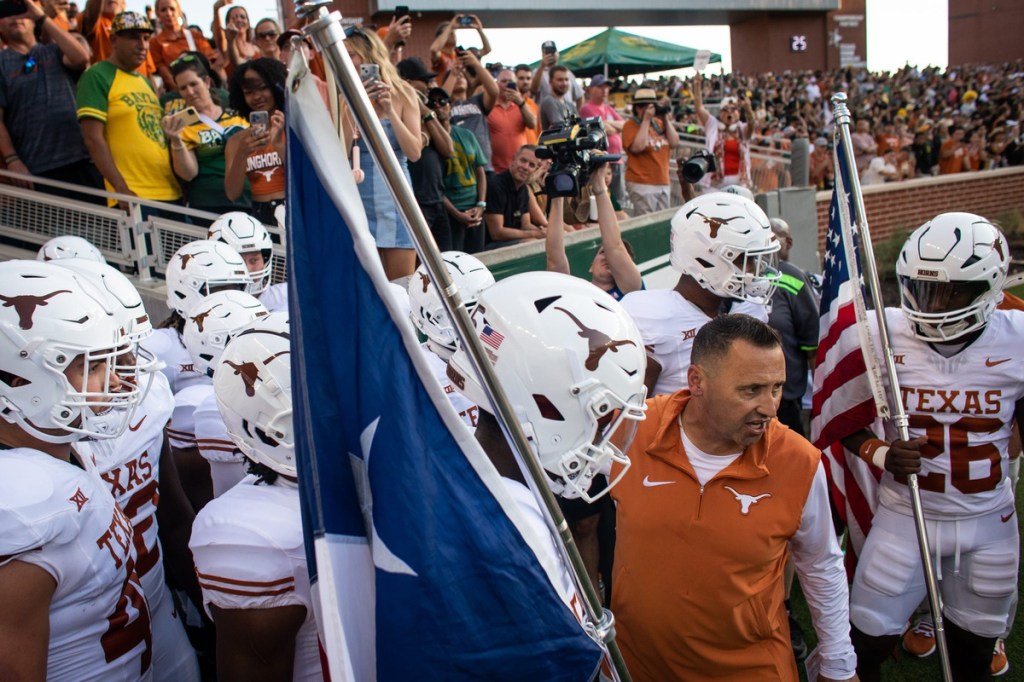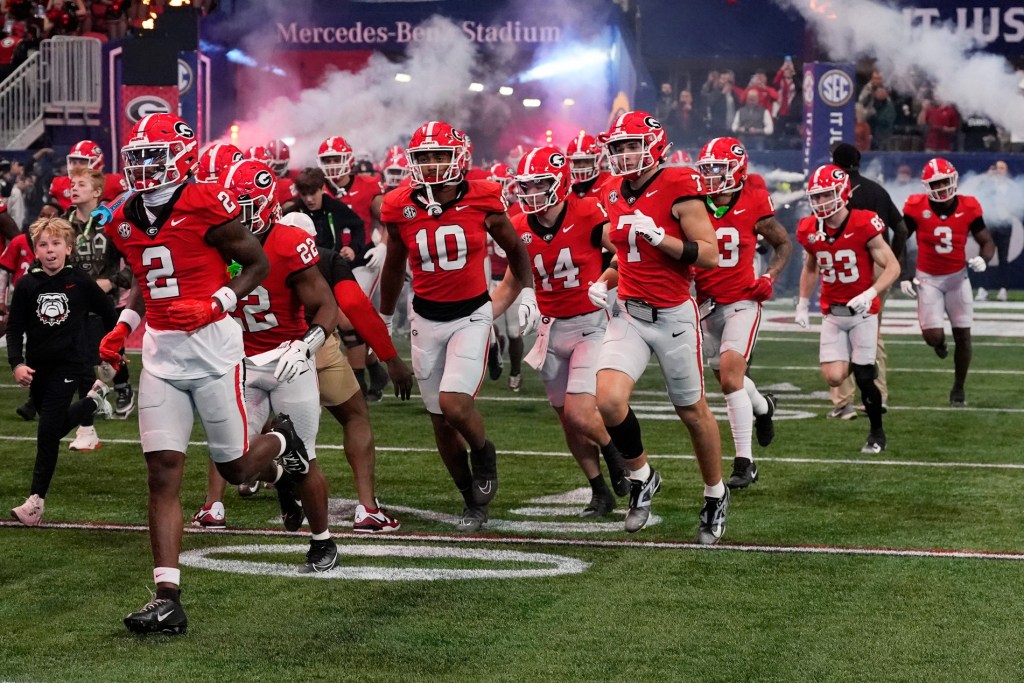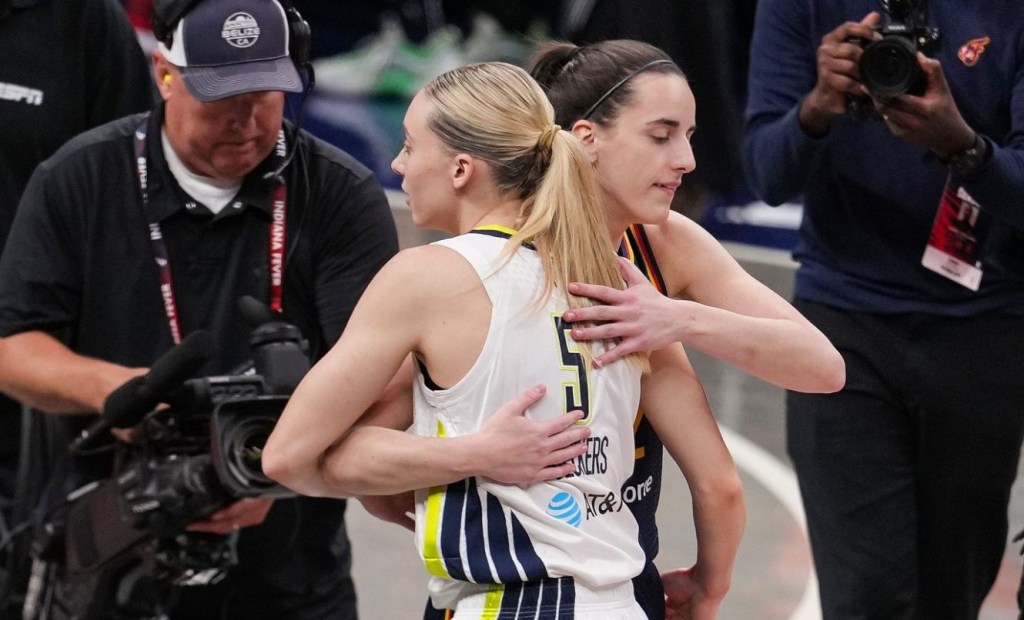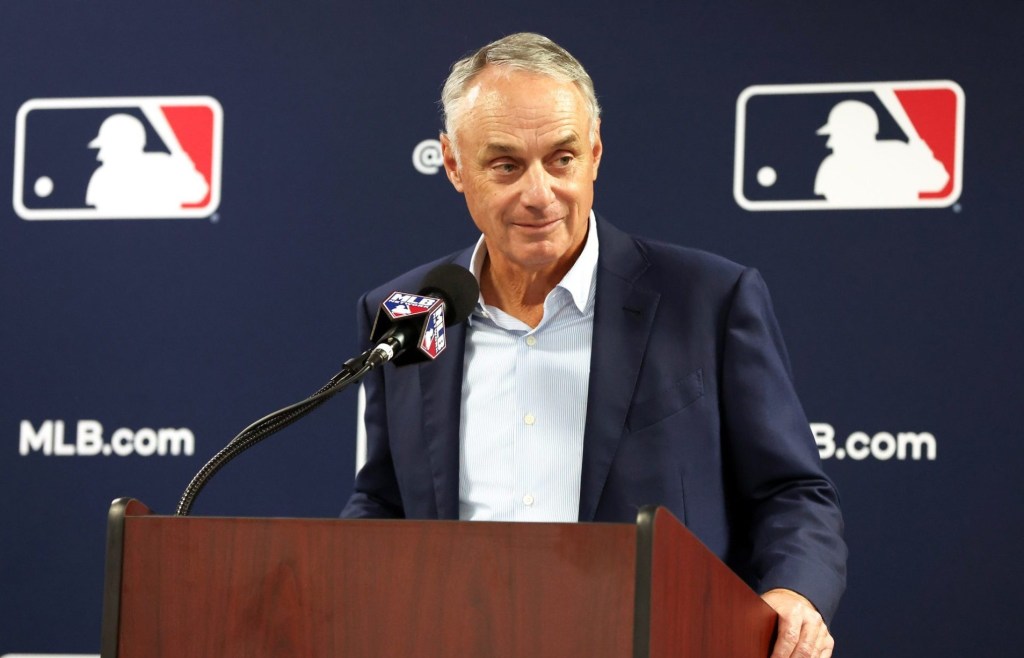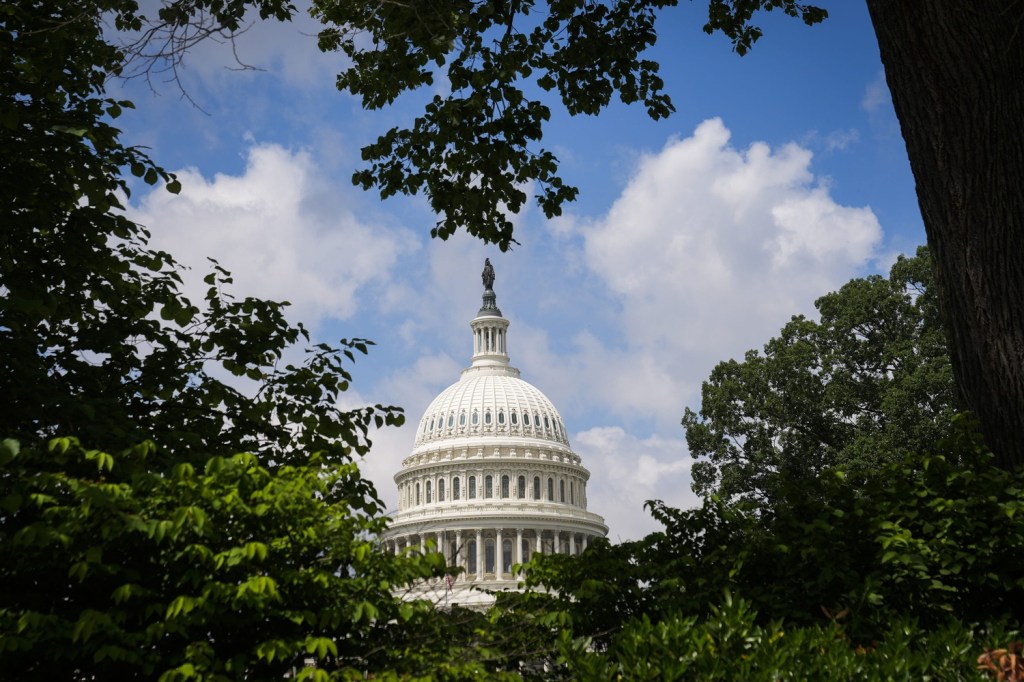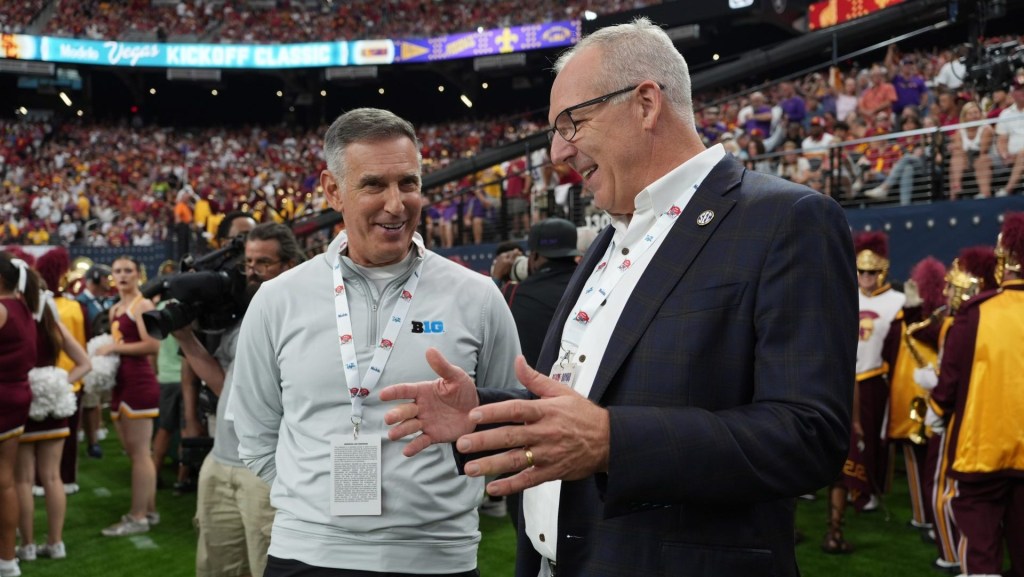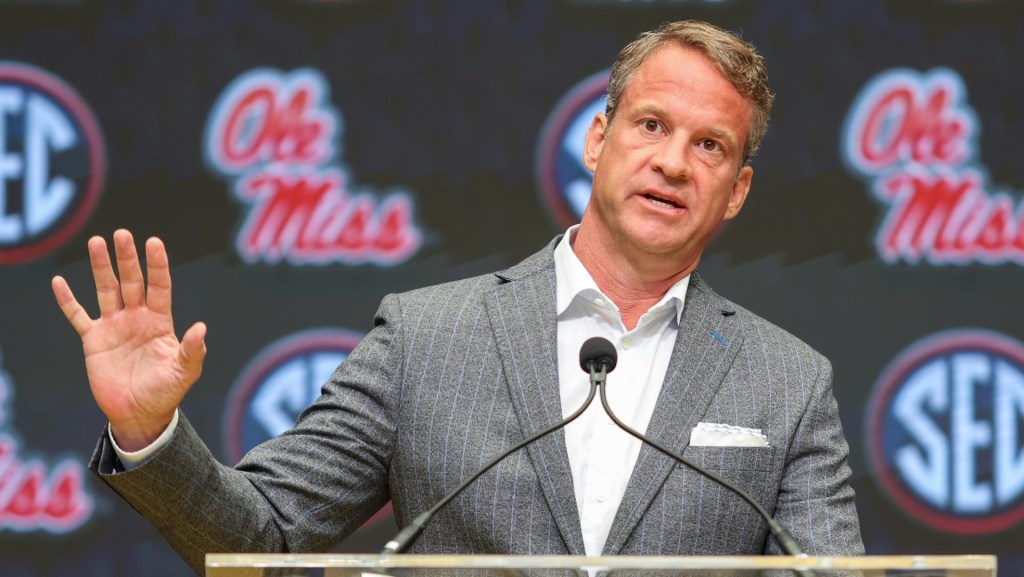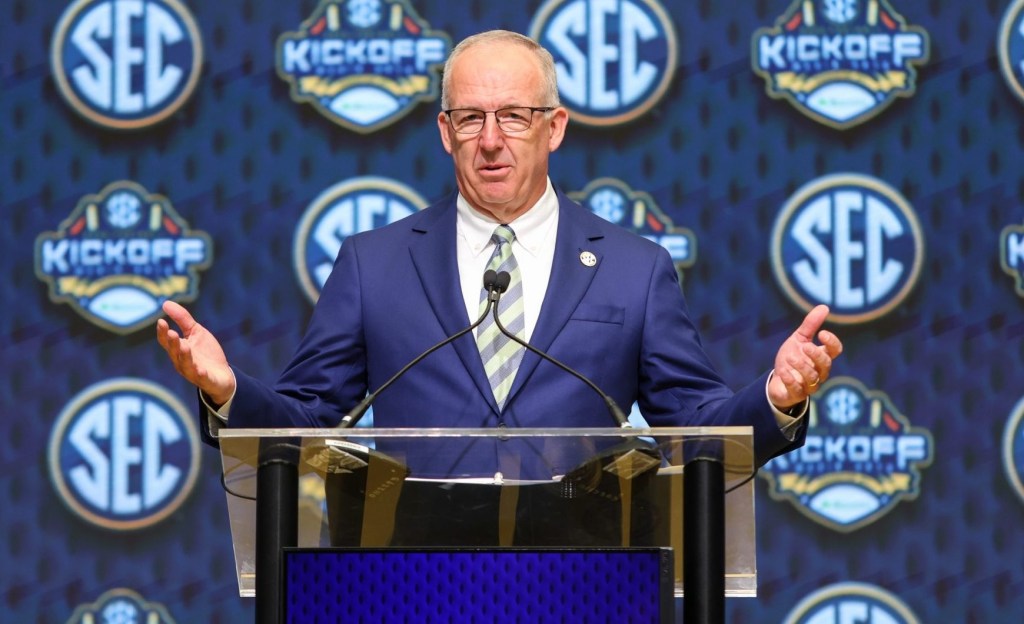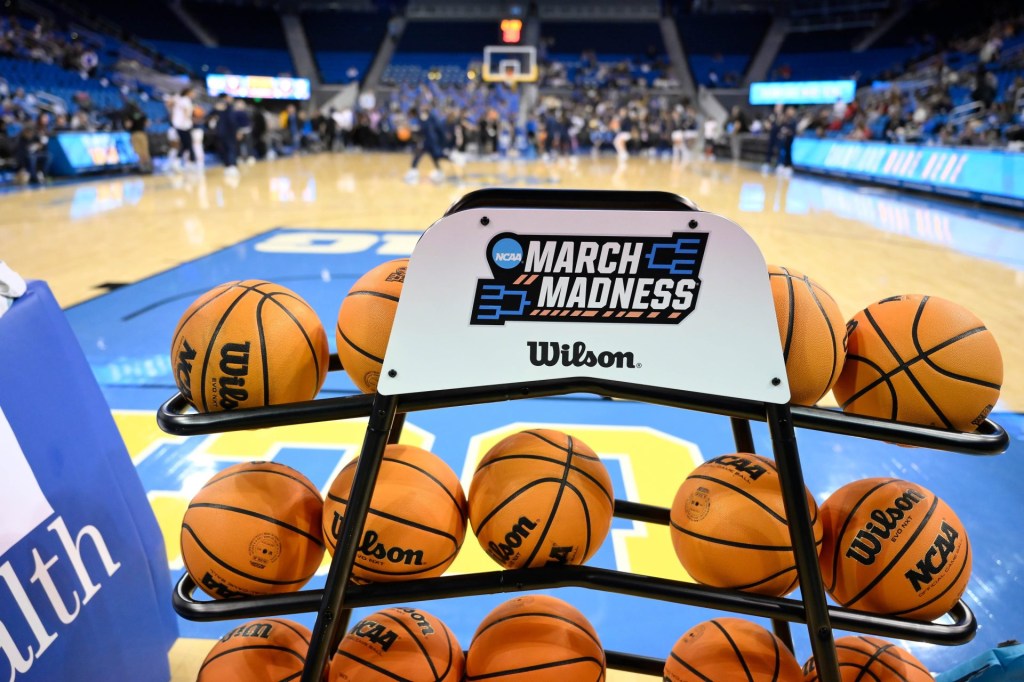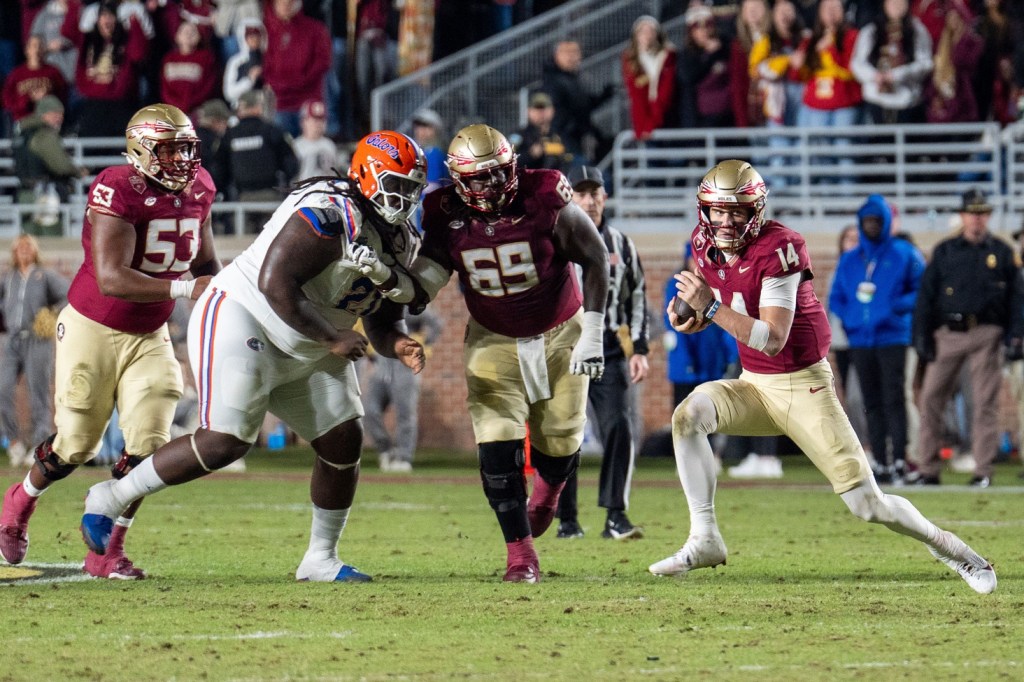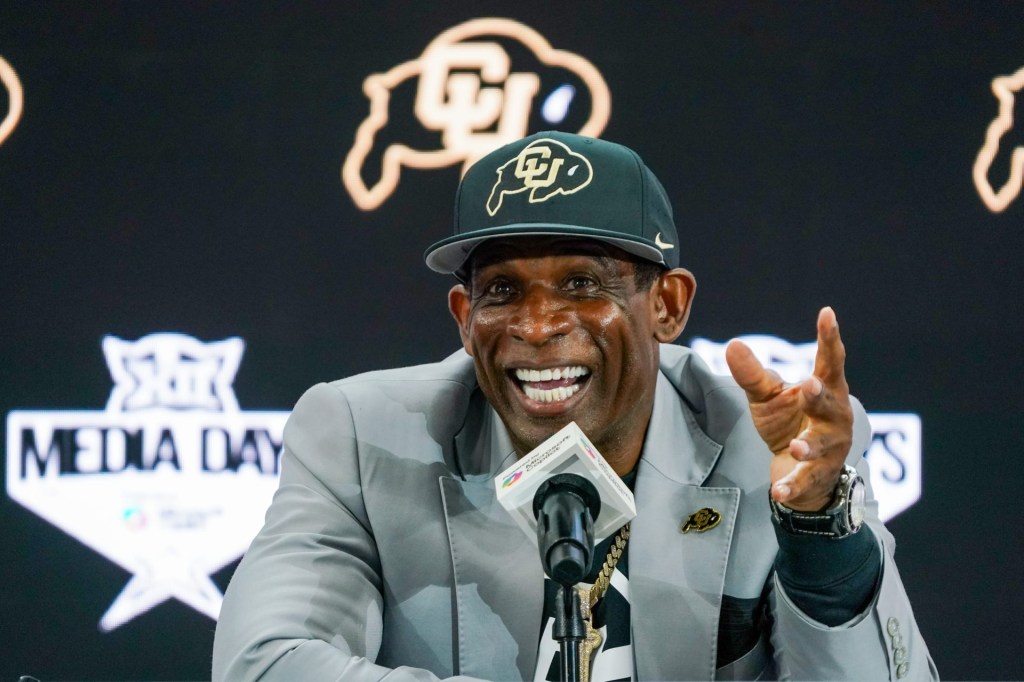ATLANTA — Sufficient funding from revenue-sharing and NIL (name, image, and likeness) deals won’t be a problem for Georgia in the new era of college sports, but Bulldogs football coach Kirby Smart is worried about the impact it’s having on players.
“You can say what you want, but there’s people who are in college football today, especially in the SEC, that are comfortable with where they are,” Smart said about college football players Tuesday during SEC media days. “‘This is a pretty good life. I’m earning $200,000 a year. I’m very comfortable.’ And you don’t reach your goals being comfortable.”
Georgia recently closed its official NIL collective and instead hired Learfield to help facilitate NIL deals; the school will pay athletes the full $20.5 million allowed in revenue-sharing.
“They’re gonna get paid. No coaches are going to stand up here and say they don’t want players to get paid,” Smart said. “We want them to get paid. I am completely comfortable with that. What I want is them to get paid and that not change how they go about their business, that not change if they’re sensitive to being demanded excellence of.”
While Smart believes players being pushed “doesn’t preclude them from gaining monetary value,” he’s still concerned about the shifting landscape of college football. “A lot of coaches aren’t willing to do that,” he said. “People don’t want to confront and demand anymore for fear of losing a player.”
No More Walk-Ons?
The revenue-sharing era has brought stricter roster limits to many college sports, including football, which is something Smart laments.
“Opportunities are being lost all across college athletics,” he said. “And unfortunately, that’s part of it. I can’t really give a message to the next walk-on because I don’t know that there’s going to be an opportunity for that walk-on.”
Football programs can have no more than 105 players—or scholarships—which is creating a more difficult path for walk-ons.
